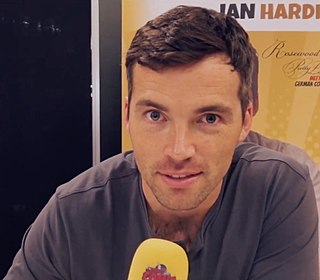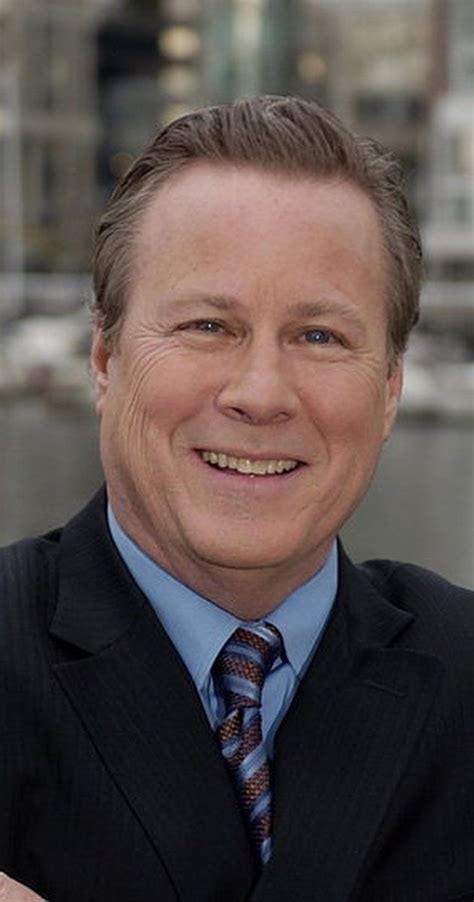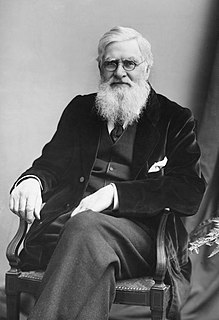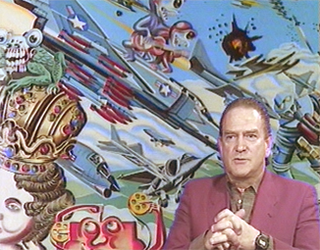A Quote by Ian Harding
'Pretty Little Liars' is very all-consuming of my time, but I guess it's a great problem to have... there have been other things that have come that were on the table and then were not.
Related Quotes
My parents were very, very close; they pretty much grew up together. They were born in 1912. They were each other's only boyfriend and girlfriend. They were - to use a contemporary term I hate - co-dependent, and they had me very late. So they had their way of doing things, and they reinforced each other.
Growing up, there were TV shows that were very funny but very traditional. Classic things like 'Fawlty Towers,' obviously, and 'Blackadder' were pretty traditionally shot. And then there were the ones that start to break the mold or be really ambitious. The ones that spring particularly to mind would be 'The Young Ones.'
When you have an authority figure tell you something that distinguishes you, there's a little bit of a badge of courage or pride point that comes with it, and also some relief that the grownups actually have an answer for the problem. But, at the same time, there's suspicion and defensiveness, like, Why is the way I do things a problem? Maybe the way you do things is the problem. All of these things come with the very notion that you've been described.
Coming from a sort of very rigid European type of training to this culture which is just a little more open - a lot more open, and kind of curious, and asking different sorts of questions.Because the problem for me was that the European modernist movement in the '70s was all about right or wrong. Some things were right and you were dealing with the truth, as it were, and then some things were wrong and therefore not allowed.
There were a lot of things in it that were important at the time to me. Cutter's Way movie was very relevant. And I wanted Cutter to succeed as a vet, as a guy coming back from 'Nam, because there were so many guys like that. And there were so many other movies at the time, like Apocalypse Now, Coming Home, and The Deer Hunter, that it was really important that the movie be believable, that I come across a pissed-off vet who'd been there and comes home angry.
There were choices that we've made as a Little Dragon, that we had to make at the time because we needed the money. I think everything has its context. It is way easier to say no to things now then it was five years ago, for sure. Back then we were grabbing at every opportunity we could just to sustain a name and let people know, "Hello, hello! We're here! Look at us!" It's really sort of taken its time and grown, and it's been a very step-by-step process.
There might have been a hundred or a thousand life-bearing planets, had the course of evolution of the universe been a little different, or there might have been none at all. They would probably add, that, as life and man have been produced, that shows that their production was possible; and therefore, if not now then at some other time, if not here then in some other planet of some other sun, we should be sure to have come into existence; or if not precisely the same as we are, then something a little better or a little worse.
Turkey's relations with its immediate neighbors are improving. They were pretty bad for a long time - with Syria they were abominable, and with Iran they were pretty bad. In both cases Turkey sees potential for trade, especially with Iran, where it gets a lot of natural gas. In good times Iran and Turkey find mutually profitable objects of exchange, but with Syria things have been very bad; Syria doesn't have much money and never will.
And all the books you've read have been read by other people. And all the songs you've loved have been heard by other people. And that girl that's pretty to you is pretty to other people. and that if you looked at these facts when you were happy, you would feel great because you are describing 'unity.
There was so much going on. I remember a very interesting dinner in the studio of [Robert] Rauschenberg. He had convinced Sidney Janis, Leo Castelli, and a third big gallery man to serve us, the artists, at the table. So they were dressed up as waiters, we were sitting at the table, and they were only allowed to sit down at the end of the table for the cognac. This is not possible now.
The other thing that I got back then - the Parker novels have never had much of anything to do with race. There have been a few black characters here and there, but the first batch of books back then, I got a lot of letters from urban black guys in their 20s, 30s, 40s. What were they seeing that they were reacting to? And I think I finally figured it out - at that time, they were guys who felt very excluded from society, that they had been rejected by the greater American world.
Director Park asking that if there was a pocket on one side of the piece of clothing then there should be a pocket on the other side. They were a little uncomfortable to wear, yes, because there were a lot of tight, high-waisted things so it was great at the end of the day to slip into some pajamas!
In the '60s and '70s it was a great period for American films because studios were still run by individuals who worked off the seat of their pants and went along with things. At that time, they were very uncertain about what to make because of the influence of television. A lot of really terrific movies were made. But then the studios gradually became more corporate and were owned by corporations and run in that way and now they're very nervous. You see what they make - sequels, franchises and try not to take risks.




































